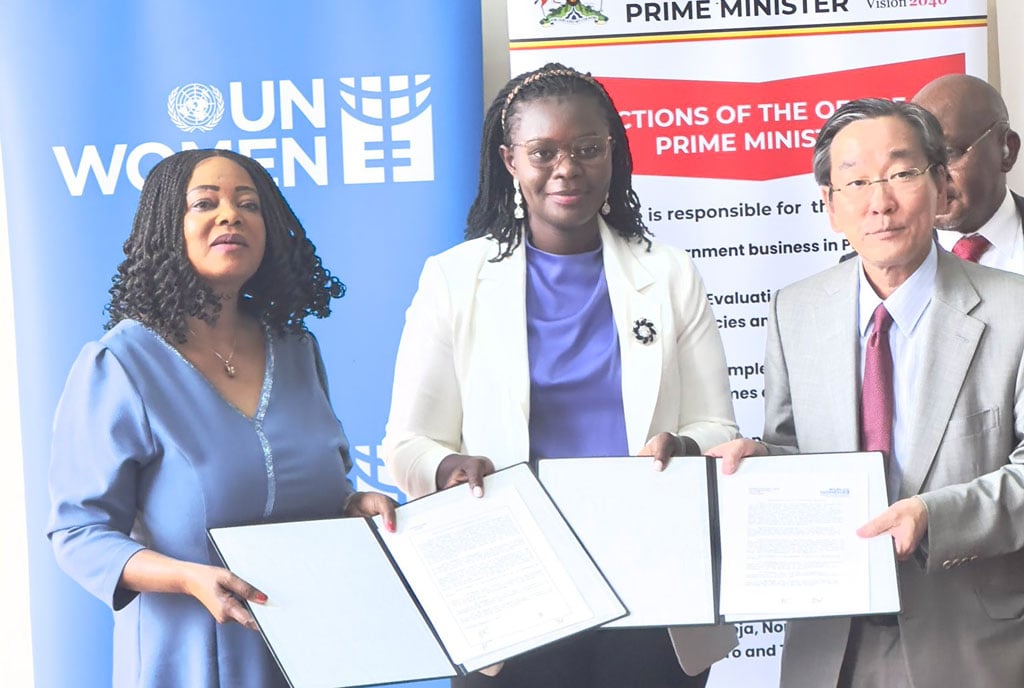
Johnson Mayamba
Access to education is a fundamental right, but for many refugees in Uganda, this remains a distant dream due to the prohibitive cost of schooling, this publication reported last week. Despite Uganda’s commendable refugee policy, one of the most progressive in the world, the reality for many refugee families is that education is increasingly inaccessible, leaving thousands of children illiterate and vulnerable.
Uganda is home to more than 1.5 million refugees, primarily from South Sudan, the Democratic Republic of Congo (DRC), and Burundi, making it the largest refugee-hosting country in Africa and the third-largest globally. The government has granted them the right to work, access public services, and move freely.
However, when it comes to education, the situation is dire. The United Nations High Commissioner for Refugees (UNHCR) estimates that more than 57 percent of refugee children in Uganda are out of school, particularly at the secondary level, where only 12 percent of refugees have access. Refugee parents, already struggling to meet basic needs like food and shelter, find it impossible to afford school fees, uniforms, books, and other necessary supplies.
The government's limited resources are stretched thin, and many refugee settlements lack adequate school infrastructure. In some areas, classrooms designed to accommodate 50 children are instead crammed with more than 200, making it difficult for students to learn effectively. In addition, only 40 percent of refugee schools in Uganda have access to clean water, and fewer than 30 percent have proper sanitation facilities, according to the UNHCR.
This challenge is compounded by the fact that humanitarian aid directed toward refugee education is dwindling. Funding gaps have resulted in significant shortfalls, with refugee education receiving less than 10 percent of the required funding. As a result, many children are forced to drop out of school or, worse, never enrol in the first place. The high dropout rates among refugees reflect a deeper issue, which is the lack of prioritisation and funding for refugee education.
Without access to education, refugee children are denied the opportunity to break the cycle of poverty, leaving them vulnerable to exploitation, child labour, and early marriages. Girls, in particular, face greater risks, with many dropping out before completing primary school due to financial pressures or cultural norms. The long-term implications for Uganda are troubling. Illiteracy among such a large population segment will have a ripple effect, reducing future economic productivity and potentially leading to increased social instability.
To address this growing crisis, our government and development partners must act urgently. First, there is a need for increased investment in refugee education, particularly in building and maintaining school infrastructure in refugee settlements. Furthermore, efforts to subsidise education costs or introduce free primary and secondary schooling for refugees should be prioritised to ensure that these children can access the same opportunities as their Ugandan peers.
Additionally, innovative solutions, such as digital learning platforms or community-based education initiatives, can help bridge the gap where traditional schooling fails. Collaboration between the Ugandan government, humanitarian agencies, and local communities will be essential in making education accessible for all.
Uganda has set an example for refugee integration in many respects, but without urgent reforms to make education accessible, this progressive policy will falter. The future of more than 600,000 refugee children depends on it. The time to act is now, before an entire generation is left illiterate and without hope for a brighter future.
Mr Mayamba is a journalist and media trainer. @banziyanga



